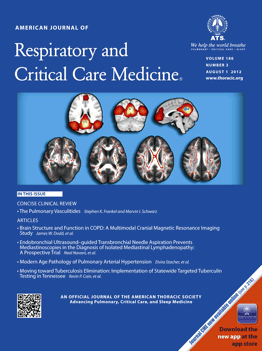
A team of what you might call daredevil researchers has lost a paper about a sport called cable wakeboarding after they tried to publish, in English, a very similar version of what they’d published in German.
We have a confession to make: Before sitting down to write this post, we had no idea what cable wakeboarding was. So before we discuss the retraction, here’s a definition, courtesy of CableWakeboarding.com:
Cable wakeboarding is simply wakeboarding while being pulled not by a boat, but by an overhead cableski system. It’s definitely the coolest addition to the distinguished list of extreme sports throughout the world, because it combines the best of the extreme nature of wakeboarding without the need for (or expense of) a boat. Cable is an enormously valuable and important element of the entire sport of wakeboarding.
Now to the retraction notice for “Cable wakeboarding, a new trendy sport: analysis of injuries with regard to injury prevention,” published online in the Scandinavian Journal of Medicine & Science in Sports online in 2010: Continue reading Oh, snap: Cable wakeboarding injury paper falls to duplication
 The British Journal of Clinical Pharmacology has issued an “expression of concern” for a 2003 review article, based on a previous lecture, with close echoes to a paper that had appeared in one of The Lancet titles.
The British Journal of Clinical Pharmacology has issued an “expression of concern” for a 2003 review article, based on a previous lecture, with close echoes to a paper that had appeared in one of The Lancet titles.







